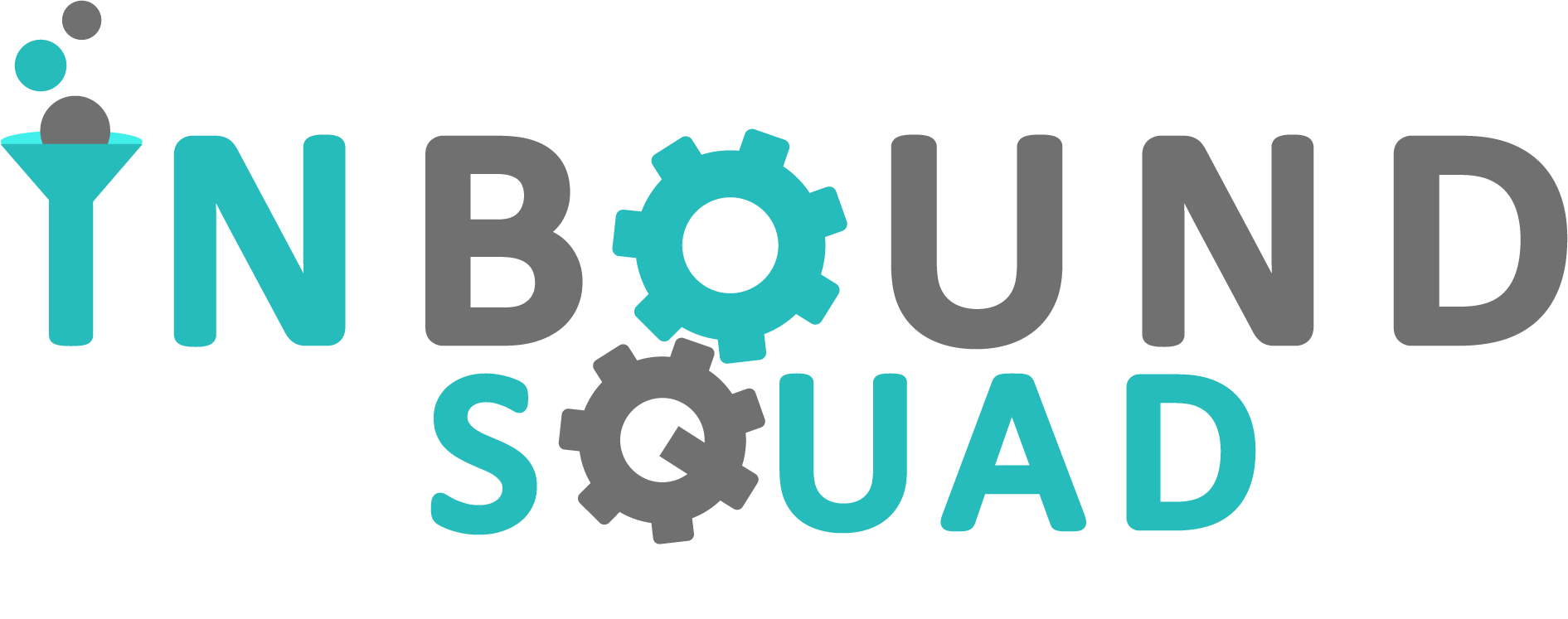
The customer service industry has seen a dramatic shift now that companies can address concerns, complaints, and questions online in real-time as the consumer asks. In fact, about 59% of Americans who use social media say that social customer service has made it easier to resolve customer complaints. Gone are the days of staying on hold for hours waiting for a representative to get back to you, gone are the days of long lines at customer service desks just to interact with a human being – businesses are on social media, and so are their customers.
It would be an extremely difficult task to consistently monitor all platforms without the use of any tools, especially for bigger companies with huge followings. This would involve spending your entire day scrolling aimlessly through Instagram, Twitter, and Facebook to find any possible interactions your clients are attempting to have with you, so you are able to provide them with a timely response.
For business, this is simply just not ideal – and customers don’t like having to wait to have their questions answered, or their concerns properly addressed. Long wait times can give off the impression that you only care about profiting and not the quality of service or products you’re delivering to your base.
This is where social listening and social monitoring come into play! These two terms are practically synonymous, although they don’t mean exactly the same thing. They both assist the way you understand how your consumers view your product but have different purposes.
Social monitoring simply searches for anything people are saying on any platform about your brand, CEO, or employees. Monitoring utilizes keywords you’ve associated with your company, your brand, products, and services. This monitoring tracks various conversations of interest that are being had online and alerts you of them so you can implement a plan to react and engage.
Why is this useful? If you’re amid a public relations nightmare on a large or small scale, your monitoring tools will be able to pick up anything negative and alert you of it right in your dashboard, giving you a prime opportunity to nip the problem in the bud. If your customers are responding well to the products or services that you offer and are actively promoting this online, you’ll gain useful insight into what’s working with your company and the market. This research is extremely valuable for gaining knowledge about your consumers, what they like to see, and what they could stand to let go of.
Social listening works off of monitoring and takes the strategy one step further. Listening allows you to have real, timely interactions right when it becomes necessary, in order to address concerns, respond to questions, and build healthy business relationships with potential clients, and current ones. Listening is all about discovering the people that are in need of your services in some way, and getting to them before they can lose interest, or become frustrated.
Listening also lets you join the dialogue, and be present in discussions about your business. You can clear misconceptions, deal with complaints and use the presence of common issues to better your company, and let your base know that you’re present, empathetic, and prepared to help them.
1. Improves Customer Service
Naturally, this is a huge benefit of monitoring online activity. Not only will you be offering quick, helpful, sympathetic responses so the complainant knows that you understand, but you’ll also be on the receiving end of honest feedback that will help you to minimize future complaints, and eradicate them with more ease.
In fact, Sprout Social’s Q2 2016 Index found that 34.5% of consumers prefer to reach out to brands for customer care through social media – comparatively, only 16% would prefer to call a 1-800 number for their needs.
You’ll learn common themes of what doesn’t sit well with your customers, and how to eliminate these problematic occurrences in the future.
2. Opportunities to Engage Loyal Fans
Some people are just natural brand evangelists – they aren’t influencers being paid to drool over and promote your company, and yet, they seem to speak highly of you everywhere, and genuinely try to get the word out about your business.
Because these people are doing such a positive service for your company with zero prompting, they should be acknowledged in a timely manner that will make them feel appreciated, and encourage them to continue their efforts.
You can thank them for their continued loyalty, their kind words, and for spreading the message that you want all of your consumers to know – they will likely be very excited you’ve engaged with them, and continue to do so just as loyally as before!
In addition to interacting with them to build that strong business relationship and make valuable connections, you can take the opportunity to find out what it is they love about your brand, and why they feel it’s so important – do you have great service, useful products, a strong mission statement? Do they feel represented by your product? Give them a platform to talk about their reasoning, and utilize their information for future marketing and business development! What’s that expression about the birds and the stone?
3. Shows How Issues are Being Spoken About
As nice as it is to focus on the positive things your base has to say about you, your products, or your services, focusing on the bad, or not so good, is crucial for business development.
By listening to issues and frustrations your customers may be having, you can understand what it is they care about, and how they actively address the issues that affect them when using your services. This information can help you:
- Improve your product
- Identify common concerns and complaints
- Develop new product
- Expand your services
- Identify frequently asked questions, and compare effective answers
- Learn to eradicate issues before they can escalate
4. Observe Your Competitors and Boost Your Knowledge of Their Interactions
The beauty of social monitoring is that it isn’t strictly limited to just your brand. You can use your monitoring tools to your advantage and get even more out of your research by watching what your competitors are saying, how they say it, and how effectively they’re engaging with their own following.
Have your tools monitor conversations that contain the names of your top competitors along with the keywords they use – this will help you understand the pain points of their customers, so you have a good understanding of what your company can do to remain competitive.
If your research finds their customers being left frustrated with unanswered questions, this leaves an opportunity for you to come to their aid with advice and help. The point of social monitoring isn’t strictly to steal clients, but if you can use your industry knowledge to help consumers, you have better chances of converting more users than if you let stew in their unsolved problem!
5. Improves Your Reputation Online
You want your customers to know without a doubt that they can come to you with their comments and concerns, and that when they do, someone will be there to receive them and give them the help they need. If this is well-established by your strong presence online, it won’t be long before they begin to take notice and develop a certain level of trust for you and your brand.
Getting to the existence and root of problems with the use of social listening will build your reputation and maintain your brand health, establishing you as responsive and action-oriented.
It’s important to be consistent, and deliver on the promises you make to your customers online. If you promise assistance, resolutions, or any sort of positive result, your company needs to take action to ensure these promises are actually implemented; it’s one thing to be aware of the conversation online and to engage in it, but it’s another to effectively satisfy your client with exactly what they were looking for.
If you seem to promise the world online but never deliver, this has the potential to hurt your reputation in an irreparable way. In addition to this, when you don’t follow through, your words will greatly decrease in value. Make sure you only promise what you’re capable of, and make sure that it happens! This will make you reputable while making your customer’s confident in that earned reputation.
6. Improves Your Accessibility
What’s people’s biggest complaint when it comes to most companies that they’ve purchased products or services from? Usually, the most prominent issue is that they’re hard to get a hold of to report any issues, meaning there’s no way the company can be responsive to them.
Being active in a conversation online shows that you’re accessible, and aren’t lounging in your office dodging phone calls from customers that may have had a bad experience with your company.
In many cases, just being able to easily get a hold of a company to present them with an issue can be enough – customers want to feel heard, and you need to be accessible enough to give them that outlet. A simple, calm conversation can deescalate many situations, and if they didn’t have to fight tooth and nail to contact you, you can often solve problems quickly and with ease.
7. Identify and Follow up on Sales Leads
Social listening will help you to immediately know when customers are inquiring about a product online. If you have an interested prospect actively engaging with your content, you won’t want to miss an opportunity to make an easy conversion; a member of your sales team can then engage with, build a relationship with, and lead that prospect through the sales funnel at a comfortable pace.
This eliminates a large percentage of the need to pick up the phone, or find your way into potential customer’s inboxes – these interested prospects are talking about you in real-time, and if you’re there to see it, all you have to do is act quickly!
8. Gauge Brand Health
As we all know, the opinions people give on social media are often unfiltered. People are not afraid to speak their minds, both if they’re happy, and if they’re less than pleased. In fact, there are 26,380 reviews posted on Yelp per minute. Though these raw insights can often be harsh, and maybe not exactly what your company wants to hear, you’ll gain valuable, truthful insights into how people truly feel about your brand.
From here, you’ll know precisely what changes to implement, and how quickly you must do so. Are people associating you with the image or slogan you’re trying to associate yourself with? What volume of mentions are you receiving, and how does this compare to the number of mentions and interactions your competitors receive?
9. Opportunities to Improve Product
You may think you’ve thought of everything, however, your consumers have a fresh perspective, and can appraise your products with a fresh eye. They know what works and what doesn’t based on every day or frequent use of your products and services, and you’ll be able to compile and scrutinize this data to identify areas to improve on.
From their insights, you’ll be able to determine important factors such as shortcomings, strengths, and faults, which will help to aid future product enhancement, and/or develop completely new products.
With a great product comes more revenue, satisfied customers, and a happier, more confident team!
Find out what your customers are saying about you so you can implement all these things and more, develop strong, mutually trusting relationships with your customers and prospects, and always get to everyone on time!
Sarah Al Daghreer
Sarah is the owner and founder of Inbound Squad. She also specializes in local SEO and inbound marketing.




